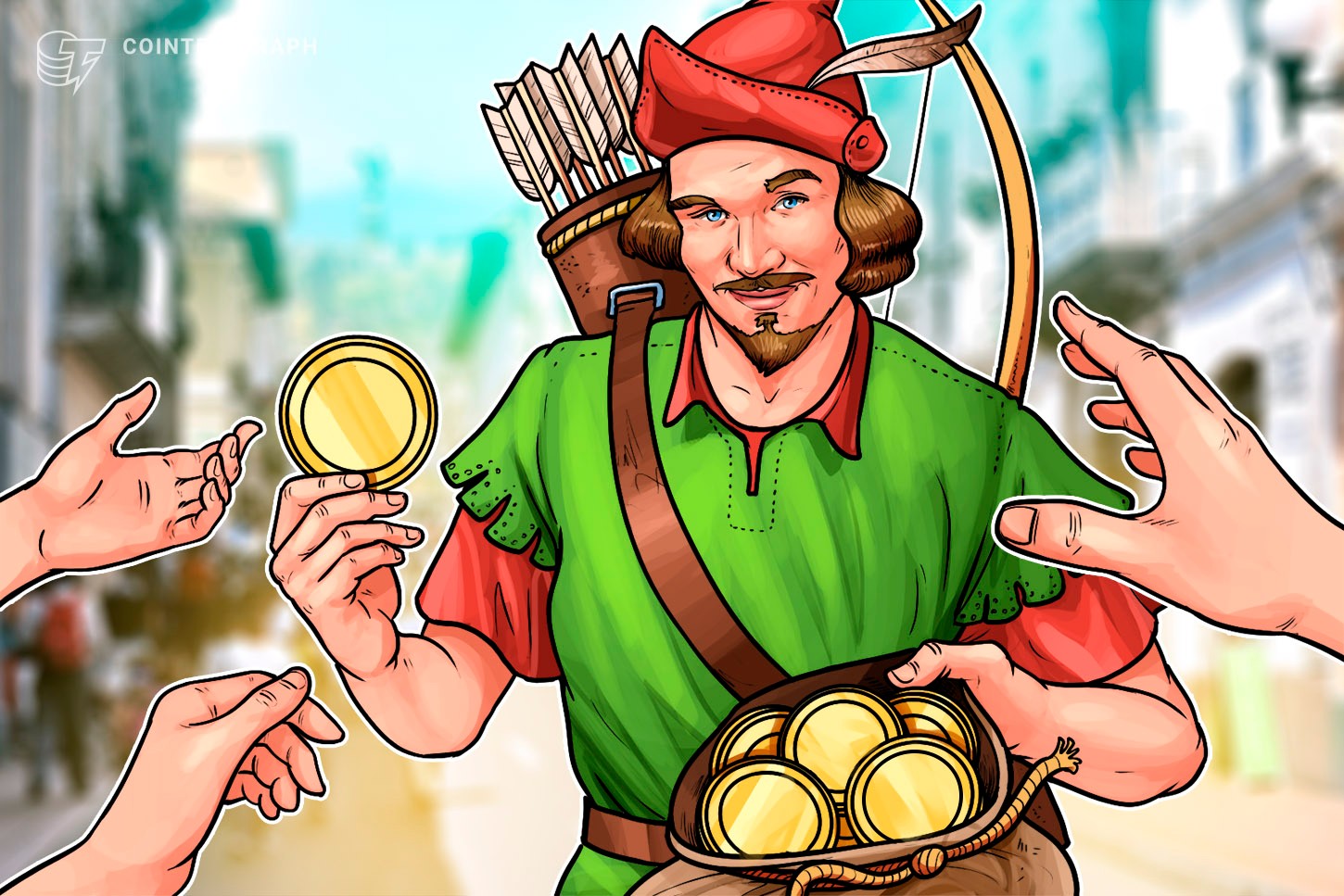Robinhood is seeing a surge of interest from private companies eager to tokenize their shares after the firm launched its stock token platform in the European Union last week.
In a Tuesday interview with Bloomberg News, CEO Vlad Tenev said the company has received a wave of requests from private firms looking to make their equity accessible to retail investors through blockchain-based tokens on their platform.
“Since our announcement, I’ve had a deluge of inquiries, private companies that actually want to access retail to have their shares tokenized and be a part of this revolution,” he said.
Currently only available in the EU, the platform offers over 200 tokenized US equities tradable five days a week. It also included a promotional giveaway of non-tradable tokens representing private companies like OpenAI and SpaceX.
Tenev said Robinhood’s long-term goal is to bring thousands of private companies onto the platform. “We believe [this] is a huge opportunity to resolve one of the biggest inequities in capital markets, which is the fact that you have these massive companies that are staying private longer,” he said.
Related: Bitcoin, XRP, SOL futures launch on Robinhood
Robinhood’s tokenized platform faces scrutiny
However, the rollout has drawn scrutiny. The Bank of Lithuania, which regulates Robinhood in the EU, requested clarification on how the tokens are structured. Tenev said the firm welcomes the review.
“They want to make sure that everything is proper because it’s a new innovative offering. We’re confident. We think that these are not only important, but they’ll withstand the highest form of scrutiny,” he said.
The tokens are technically classified as derivatives under the EU’s Markets in Crypto-Assets Regulation (MiCA) and Markets in Financial Instruments Directive (MiFID) regulations. They are backed by underlying assets held by US brokers, with tokens minted or burned as users buy or sell.
Tenev confirmed that the company is in discussions with regulators in the US and UK, but the platform is not yet available in those markets. He said the US Securities and Exchange Commission (SEC) can greenlight tokenization without requiring new legislation.
“The US shouldn’t be far behind. The opportunity is too large to ignore. Not just for retail but also institutional. And I think they’re keen. They’re having tokenization roundtables at the SEC, which we’ve been a part of,” he said.
As reported, Galaxy Digital has said that Robinhood’s tokenization move removes assets from traditional market channels and brings them onchain, directly challenging the concentrated liquidity and activity that give major TradFi exchanges like the NYSE their edge.
Cointelegraph reached out to Robinhood for comment but had not received a response by publication.
Related: Tokenized equity still in regulatory gray zone — Attorneys
Tokenization market remains red-hot
Robinhood’s tokenization move comes as the push toward bringing assets onchain gains traction.
On Tuesday, Nasdaq-listed BioSig Technologies secured up to $1.1 billion in funding from an undisclosed institutional investor to support its plan to tokenize the commodities market. The deal includes $100 million in senior secured convertible debentures and a $1 billion equity line of credit.
In other news, the QCD Money Market Fund (QCDT), a joint initiative by DMZ Finance and QNB, has received approval from the Dubai Financial Services Authority (DFSA), becoming the first tokenized money market fund established in the Dubai International Financial Centre (DIFC).
Magazine: Growing numbers of users are taking LSD with ChatGPT: AI Eye


